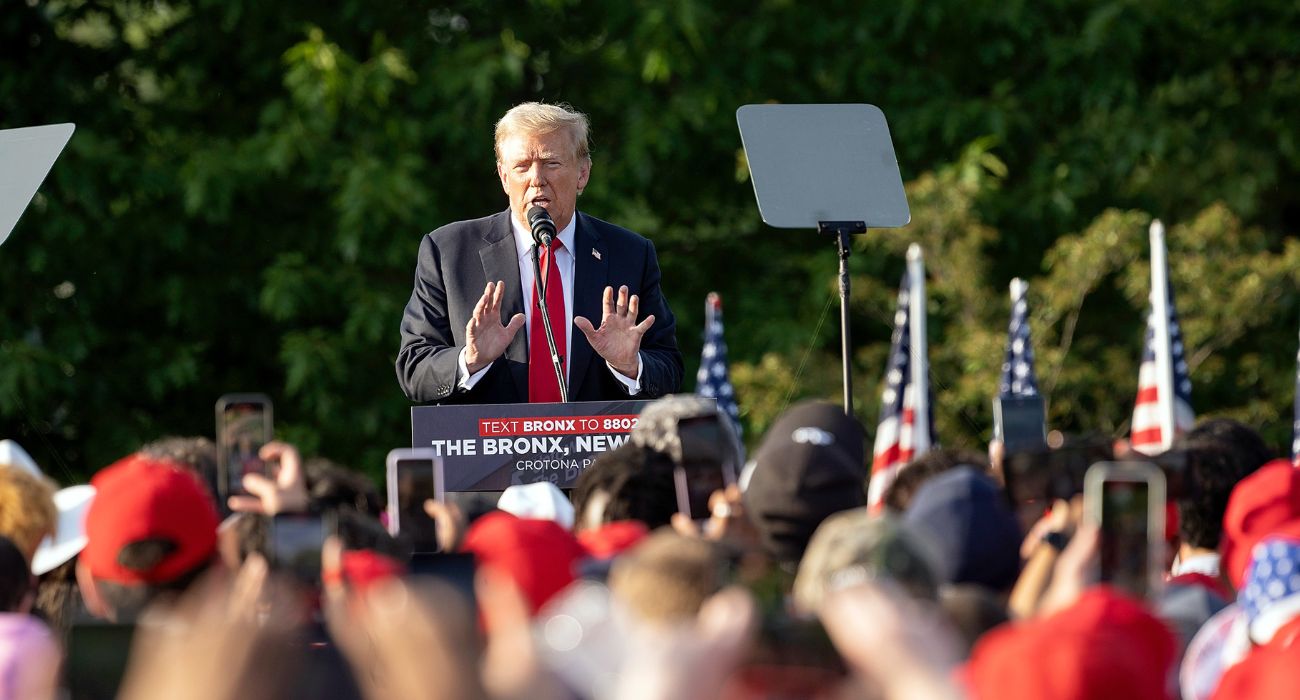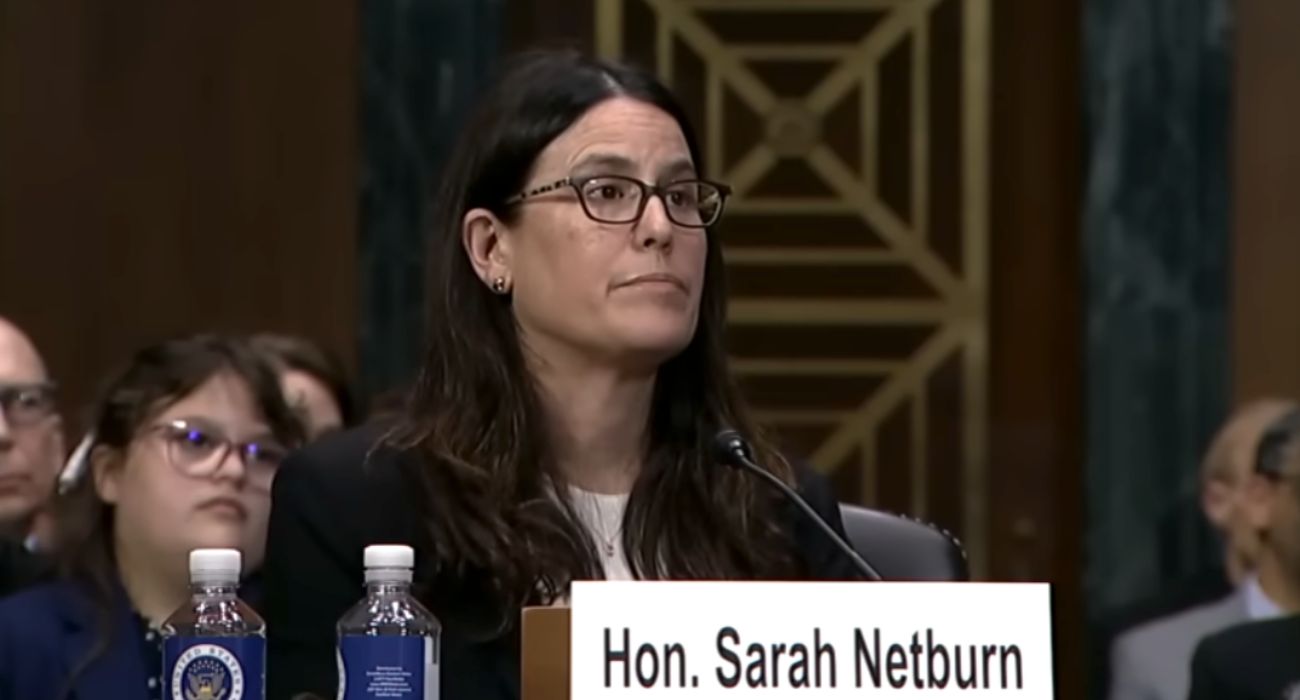Emmanuel Macron was victorious in the French elections, becoming the first French president to win a second term in 20 years. However, the far-right party’s substantial gains highlighted the country’s polarization.
“I am no longer the candidate of one side, but instead the president for all,” Macron told cheering supporters who gathered near the Eiffel Tower to celebrate his reelection.
Macron obtained 58.54% of the votes on Sunday. His rival, Le Pen, got 41.46%. Le Pen saw a significant increase from the 2017 election when the centrist Macron won with 66.1% of the vote compared to Le Pen’s 33.9%.
“The actual closeness, relative closeness of the vote, and the fact that Le Pen got over 40%, I think that’s a damning indictment on the state of French politics and perhaps actually the state of inequality and living standards across Europe,” Julian Howard, head of multi-asset solutions at asset management firm GAM, told CNBC.
Macron acknowledged in his victory speech that French voters expressed “anger,” and he must now “respond effectively.”
With the election not going her way, Le Pen conceded defeat but declared, “We have nevertheless been victorious.”
“The ideas we represent are reaching a peak,” Le Pen added while stating that in upcoming legislative elections in June, her National Rally party will be a “true opposition” to Macron and France’s political establishment.
Le Pen’s results from a majority of “working-class voters and victories in many rural and suburban districts illustrates the profound divisions in French society which will make Macron’s second term as troubled as the first,” said Mujtaba Rahman, managing director at consultancy Eurasia Group.
Le Pen’s increase in support can be attributed to a change in her tone and focus on the campaign trail. In 2017, Le Pen railed against immigration and pushed for France to leave the European Union. This time around, Le Pen avoided those topics choosing to focus instead on soaring inflation and cost-of-living for French citizens.
“We should not dismiss the increase in her vote share; it shows that her efforts to normalize her party and her policies are working,” said Jessica Hinds, an economist at Capital Economics.
There have never been so many French voters who have bought into the Le Pen political dynasty. Marine Le Pen took over the National Rally party from her father, Jean-Marie, in 2011. She then ran for president in 2012 but did not make it to the final round. Jean-Marie Le Pen surprisingly made it to the final in 2002 but was thrashed 82% to 18% by Jacques Chirac. Marine Le Pen can still run again in 2027.
“With regards to [the next presidential election in] 2027, the rules say that Macron won’t be able to run again and Le Pen may not [run] either, though she has refused to rule out a fourth attempt,” Hinds said. “So there is a lot that could be different about the next election, five years is a long time,” she added.






